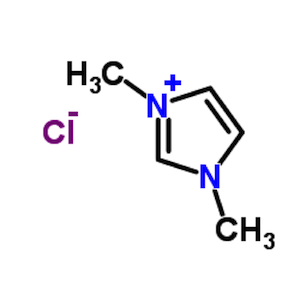Improving DL_POLY_4 molecular dynamics package performance and scalability using multiple time stepping
eCSE01-19Key Personnel
PI/Co-I: Dr. Ilian Todorov - Scientific Computing Department, Science and Technology Facilities Council (STFC)
Technical: Dr. Ian Bush - Oxford e-Research Centre
Relevant Documents
eCSE Technical Report: DL_POLY_4: Multiple Time Stepping Development Support
Project summary
DL_POLY_4 is a general-purpose classical Molecular Dynamics (MD) simulation software package, developed at STFC Daresbury Laboratory by I.T. Todorov. In MD, given a force-field, the motions of atoms and molecules may be studied, and motion properties of the material calculated. A general purpose package such as DL_POLY can be used to study the full spectrum of models commonly employed in the materials science, solid state chemistry, biological simulation and soft condensed-matter communities. The code has previously been shown to scale to large numbers of processors.
This proposal was for the implementation of a multiple time stepping scheme, RESPA, for less frequent calculations of expensive operations such as long-ranged Ewald and short-ranged inter-molecular evaluations. The idea behind this methodology is to exploit the fact that different terms in the force field evolve on different time scales. For instance the long-ranged contribution to the electrostatic terms changes only very slowly when compared to terms involving intra-molecular motion, such as molecular vibrations. Now, as is usual with the numerical integration of differential equations, the fastest motion determines what the timestep must be to ensure the stability of the solution. However, in standard molecular dynamics every term in the force field is evaluated at every timestep. Thus if a very short timestep is required to correctly integrate molecular vibrations, it will also force the evaluation of the long range electrostatic potential at every timestep, despite the latter hardly varying at all on the time scale being examined. This can be very expensive. In contrast, the RESPA method provides a way to evaluate the slowly-varying terms in the force field only when required, whilst both keeping the short timestep required for the more quickly-varying terms, and only causing a small degradation in the quality of the results. Thus as certain terms are only evaluated infrequently, an improvement in time to solution is expected.
In this method, the terms in the force field are split into a number of classes and the fastest-varying terms (class 1) are evaluated every timestep. Every n1 timesteps, the slower-varying Class 2 terms are evaluated, and in turn Class 3 terms are evaluated every n2 times Class 2 is calculated (and so n1 x n2 times Class 1 is evaluated). Thus we can characterise each class with the number of repeats.
Simulations of the 1,3-dimethylimidazolium chloride molecule (pictured below) were carried out using the newly implemented RESPA method, which required 2 classes of interactions. It was seen that using small repeat counts gives nearly identical results to the original code at a significantly faster rate.

1,3-dimethylimidazolium chloride is an example of an ionic liquid. Such liquids have a number of interesting industrial uses. For instance a close relation of the above molecule has been used for the recovery of uranium from spent nuclear fuel, and related molecules have been used to extract the antimalarial drug artemisinin from the plant Artemisia annua.
Summary of the software
DL_POLY is a general purpose classical molecular dynamics (MD) simulation software developed at Daresbury Laboratory by I.T. Todorov and W. Smith. The DL_Poly webpage can be found at http://www.scd.stfc.ac.uk//research/app/ccg/software/DL_POLY/44516.aspx.






